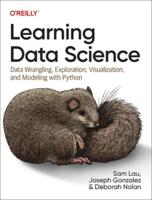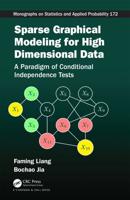Publisher's Synopsis
3. Textbook for a course in expert systems,if an emphasis is placed on Chapters 1 to 3 and on a selection of material from Chapters 4 to 7. There is also the option of using an additional commercially available sheU for a programming project. In assigning a programming project, the instructor may use any part of a great variety of books covering many subjects, such as car repair. Instructions for mostofthe "weekend mechanic" books are close stylisticaUy to expert system rules. Contents Chapter 1 gives an introduction to the subject matter; it briefly presents basic concepts, history, and some perspectives ofexpert systems. Then itpresents the architecture of an expert system and explains the stages of building an expert system. The concept of uncertainty in expert systems and the necessity of deal- ing with the phenomenon are then presented. The chapter ends with the descrip- tion of taxonomy ofexpert systems. Chapter 2 focuses on knowledge representation. Four basic ways to repre- sent knowledge in expert systems are presented: first-order logic, production sys- tems, semantic nets, and frames. Chapter 3 contains material about knowledge acquisition. Among machine learning techniques, a methodofrule learning from examples is explained in de- tail. Then problems ofrule-base verification are discussed. In particular, both consistency and completeness oftherule base are presented.












